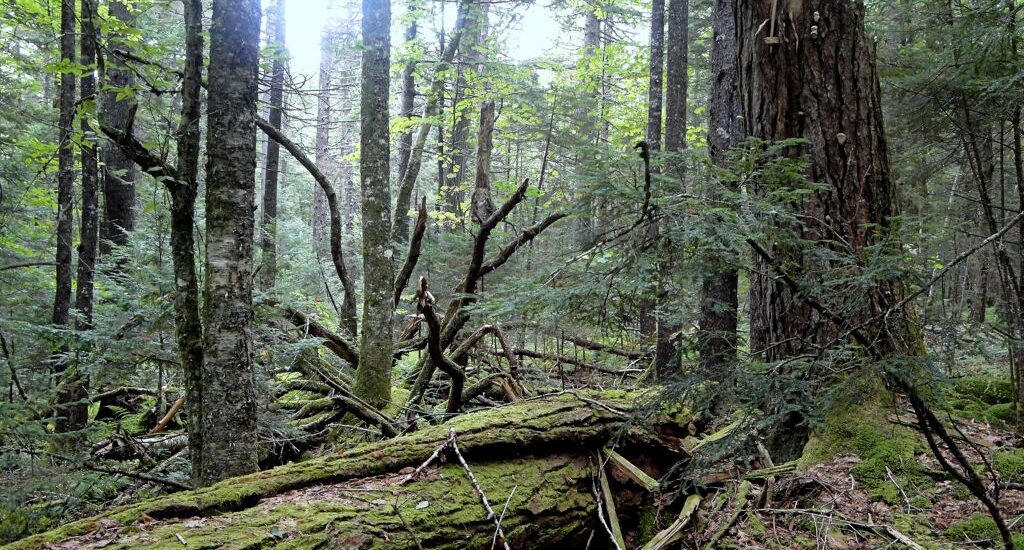
In response to the Government of Nova Scotia’s announced plans to amend the Biodiversity Act (Bill 4) prior to law amendments, we submit this statement on behalf of Dalhousie University’s School for Resource and Environmental Studies, Halifax, Nova Scotia.
The Biodiversity Act is a crucial step towards addressing serious declines in biological diversity in Nova Scotia. Last updated in 2017, the Endangered Species Act lists 71 species, with five now globally extinct and three provincially extinct (extirpated). Populations of many other species are in decline, yet not officially listed. Attention to biodiversity is needed prior to reaching endangered status and to support recovery efforts. A strong economy is dependent on sustainable ecosystems.
Globally, precipitous declines in biospheric integrity are at or beyond planetary limits, threatening life on earth. Immediate and transformative actions are needed to stem the declines. Biodiversity collapse and climate change are twin crises, representing emergencies for humanity.
The Biodiversity Act was first introduced and died on the order table in spring 2019, pending further refinement through public consultation. On March 11, 2021, it was introduced for the second time, incorporating input from landowner consultations, primarily that the government will implement a collaborative approach with landowners, require consent of private landowners before including their property in a biodiversity management zone, and provide compensation in exchange for landowners’ efforts.
On March 23, the Government issued a news release announcing plans to amend the Bill. The announcement was prompted by landowner concerns, following an aggressive forestry-industry and landowner lobby, and stemming from misrepresentation and misunderstanding of the powers and provisions within the Bill. Premier Iain Rankin has stated that the changes to the Bill will not be released in writing ahead of March 29, when the Bill will go to the legislature’s law amendments committee, where the public has the opportunity to voice its opinions.
We understand that Premier Iain Rankin seeks to institute changes to the Bill that rectify and clarify its intent. We support any necessary changes for clarification.
We also understand that the changes will: 1) remove biodiversity emergency orders, which would grant the province the right to intervene on private land in emergency situations where the act was being contravened; 2) remove offences and fines; and, 3) apply to Crown land unless a private landowner wants to be included in developing a biodiversity management zone on their land. These changes represent significant weakening of the act. Crown land comprises less than 30% of the province. Biodiversity cannot be retained and recovered by provisions that apply only to 30% of the land. These three elements represent provisions that are crucial to achieving the objectives of the act, and thus changes should not be made to remove or restrict them to Crown lands.
We are concerned that changes, whether clarifications or substantive, are to be undertaken prior to law amendments. We are also concerned that the changes will not be released in writing prior to law amendments. These practices undermine the democratic process of law amendments.
We acknowledge the importance of the Biodiversity Act and support the Bill in principle. We urge, however, that changes not extend beyond clarifications. Specifically, we urge that the three aforementioned crucial elements be retained and not removed.
Submitted by Dr. Michelle Adams, Director, and Prof. Karen Beazley, on behalf of the School for Resource and Environmental Studies, Dalhousie University. Authors Karen F Beazley, Michelle Adams, Tony Robert Walker, and Melanie Zurba.
March 26, 2021, Halifax
This statement was first published on ResearchGate. Republished on the NS Advocate site with permission.
Check out our new community calendar!
With a special thanks to our generous donors who make publication of the Nova Scotia Advocate possible.
Subscribe to the Nova Scotia Advocate weekly digest and never miss an article again. It’s free!



